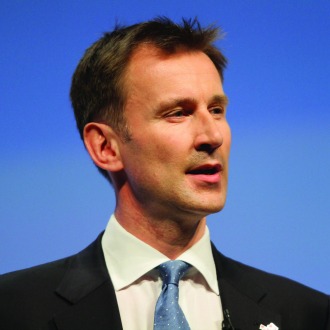What is a named GP?
The Department of Health said that the plans will bring back ‘old-fashioned family doctors’, with patients given a ‘dedicated GP personally accountable for their care around the clock’. The health secretary has said that the move is intended to drive forward better-integrated, coordinated out-of-hospital care and ensuring ‘patients and relatives have a single point of information and responsibility for their care’. But there is considerable confusion around what exactly this means in practice.
What will practices be expected to do?
Upon announcing plans, the DH said GPs will oversee personalised care plans integrating all services, so the frail and elderly are better cared for in the community, reducing hospital admissions. It said that out of five million emergency admissions last year, one third were people over 75, and more than one million could have been avoided, and therefore GPs’ new responsibilities will include:
- offering patients same-day telephone consultations;
- offering paramedics, A&E doctors and care homes a dedicated telephone line so they can advise on treatment;
- coordinating care for elderly patients discharged from A&E;
- regularly reviewing emergency admissions from care homes to avoid unnecessary call-outs in future; and
- monitoring and reporting on the quality of out-of-hours care.
But ministers have since watered this down, saying that GPs can devolve responsibility for care coordination to other healthcare professionals, such as district nurses (much to their annoyance).
How will they be introduced?
The new GP contract for 2014/15 will require practices in England to give each patient aged 75 years or older a named GP with round-the-clock responsibility for their care. Named GPs will take on accountability for patients over the age of 75, to be the main point of call for providers outside the practice. An NHS England paper also said that practices are to be given ‘as much influence as they need’ over associated community services – nursing and end of life care – so accountable GPs can discharge responsibilities and provide integrated patient care.
What funding is there for this?
As well as increasing the value of the global sum to support the scheme, GP practices will be offered additional funding of £5 per patient from the hospitals budget to support the policy, allocated via CCGs. Pulse also understands the personalised care plans envised under the scheme may fall under the unplanned admissions DES that provides funding for practices to better plan the care of patients at risk of hospital admission.
What plans are there to expand the scheme?
Named GPs for the over 75s is a first step in Mr Hunt’s plan to improve continuity of care, but he has also mentioned the possibility of rolling it out to other groups in the future, including patients suffering from long-term conditions. The DH has said ‘it is hoped’ this service will eventually be offered to millions more vulnerable people with long-term conditions that need more support.
When will the final details of this scheme be announced?
NHS England says that the precise specifications of the scheme are still being developed, but there is not a date for this as yet.
















